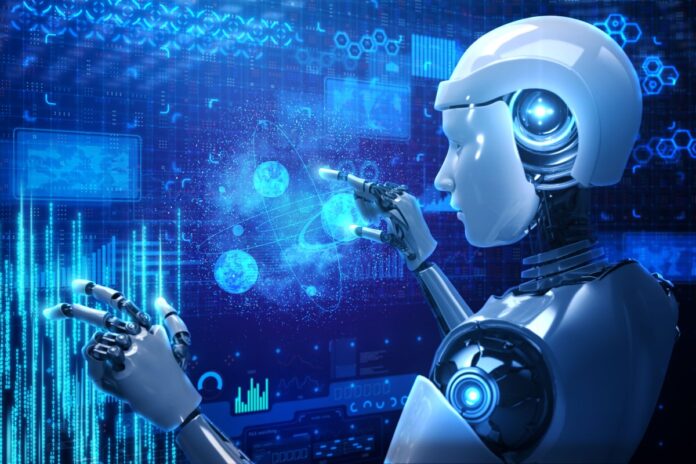Artificial intelligence—which just five years ago was considered a random factor—has now taken control of the labor market from the bottom up. It’s not about replacing high-level positions or rare skill sets, but about erasing the very opportunity to get started. Entry-level roles—junior analysts, associate lawyers, support operators, interns—are becoming a redundant layer that big corporations eliminate en masse.
Dario Amodei, CEO of Anthropic, warned that 50% of white-collar entry-level jobs are at risk. This is not a prophecy but a process already in motion. LinkedIn data shows a steep drop in open junior positions. Meta and Microsoft have each laid off tens of thousands of employees, replacing them with AI-powered agents. We are entering an era in which a career without privilege or an unconventional starting point becomes a myth. What means savings and strategic shift for corporations spells a social dead end for younger generations. Without youth, there are no mid-level pathways. Without mid-level pathways, professional development collapses. It’s not just the job-market system that’s unraveling, but society’s very structure.
Forecast (2025–2029):
2025–2026
- Mass disappearance of entry-level positions in office professions
- Rising structural unemployment among university graduates
- Young people drifting into “alternative economies”—crypto-freelancing, pseudo-education, micro-gig platforms
2027
- First political campaigns demanding a “right to work” and protection of professional entry
- Proposals for quotas guaranteeing non-automated jobs
- Introduction of AI taxes—fees levied on companies replacing a person with an algorithm
2028
- First wave of an “analog renaissance”—local craft networks and offline services as new models of social belonging
- Platforms pairing AI with human curators in hybrid teams, led by a “human coordinator” as a new employment form
2029
- Emergence of a caste-like labor market: elite professionals with AI assistants vs. low-skill services outside AI networks
- Heightened social tensions, especially in deindustrialized economies
AI doesn’t just automate; it erases the career ladder. It upends the principle of access to work, shattering whatever illusion of “starting out” remained. If policymakers and institutions don’t respond now, we face a generation with no future—at the mercy of GPT-driven systems and chronic unemployment.
Translated and edited by: Flo

